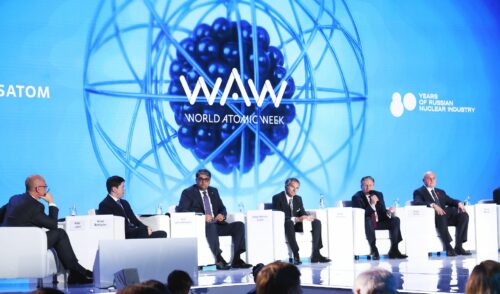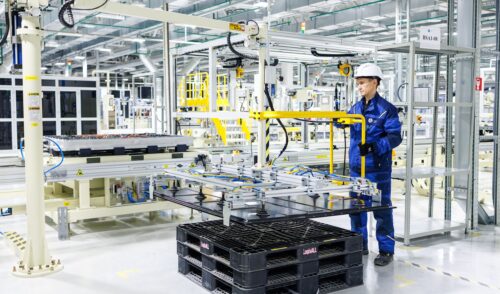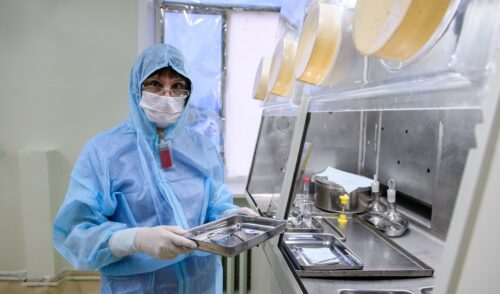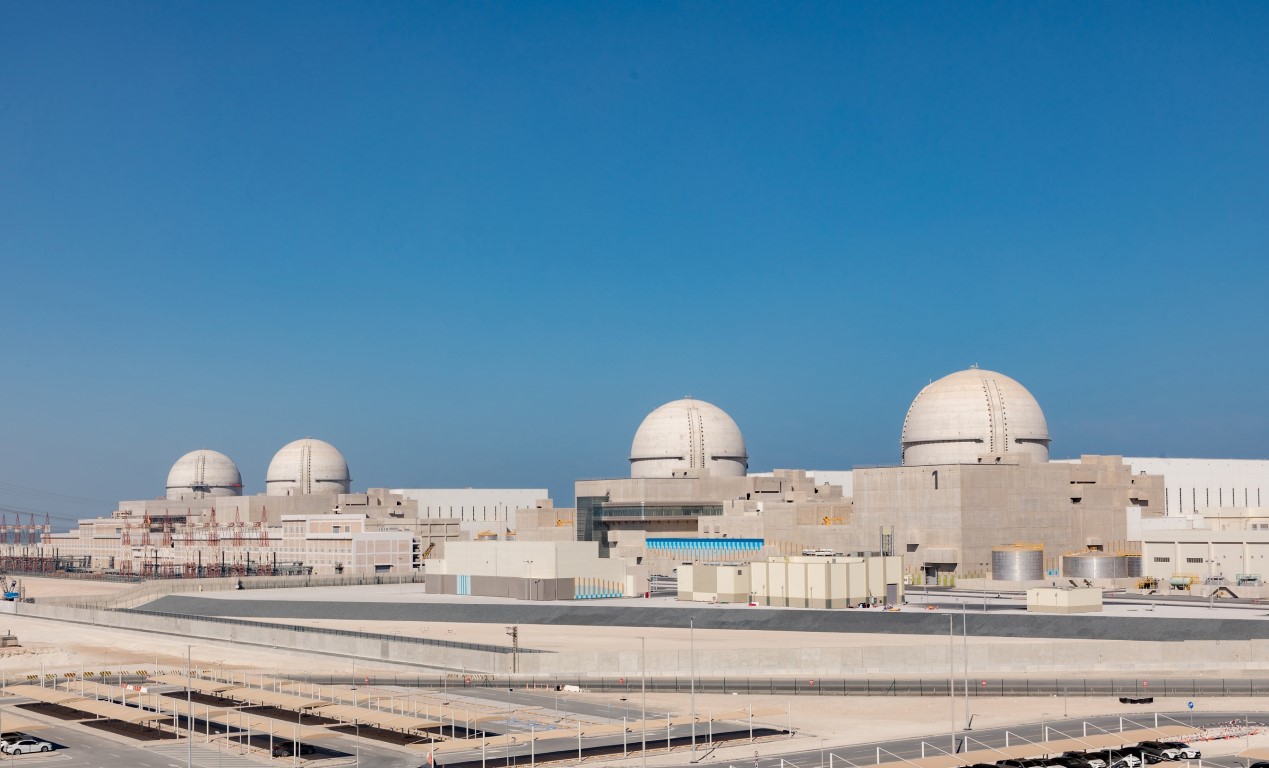
Nuclear Changes World for Better
back to contentsSaudi Arabia understands the potential of nuclear energy as well. The nuclear industry will reduce unemployment in the country, increase average salary, and help the Kingdom to satisfy demand for fresh water, according to a report prepared by the King Abdullah Petroleum Studies and Research Center (KAPSARC).
The report points out that the country needs to solve four tasks to create its national nuclear industry — a long journey that will start with construction of two reactors with a total capacity of 3–4 GW. These tasks address institutional infrastructure, legal framework, production facilities and human capital.
The document stresses that the national nuclear program aims at diversifying the national economy, making the country an attractive investment destination and creating new jobs. What is more, 25-30% of the works on the project will be carried out locally.
KAPSARC experts remind that Saudi Arabia plans to produce uranium domestically as provided for in the national nuclear program — the country consider this to be a move towards nuclear fuel self-sufficiency.
According to preliminary surveys, Saudi Arabia’s reserves are estimated at about 60,000 tons of uranium ore. The Kingdom will assess the prospects of its national nuclear industry in terms of electricity demand; technology providers will have to comply with three minimal requirements, including the share of local content and local workers and cooperation in research, the Saudi Gazette writes.
The final decision on construction of a nuclear power plant in the country would be made in the next few years, Saudi authorities have announced. In late 2019, media reported that the construction contract would be tendered out in 2020, but the coronavirus pandemic did its part, and the plans are likely to have been changed. Rosatom takes part in the competitive dialogue and has passed two stages of the selection process.
Nuclear technology helps fighting the COVID-19, according a report by the UAE Federal Authority for Nuclear Regulation (FANR). It notes that nuclear has played a key role in diagnosing people infected with COVID‑19. One of the most accurate laboratory methods for detecting, tracking and studying the coronavirus is the real-time reverse transcription polymerase chain reaction (RT-PCR). It is a nuclear-derived method for detecting the presence of specific genetic material from any pathogen, including the COVID‑19 virus.
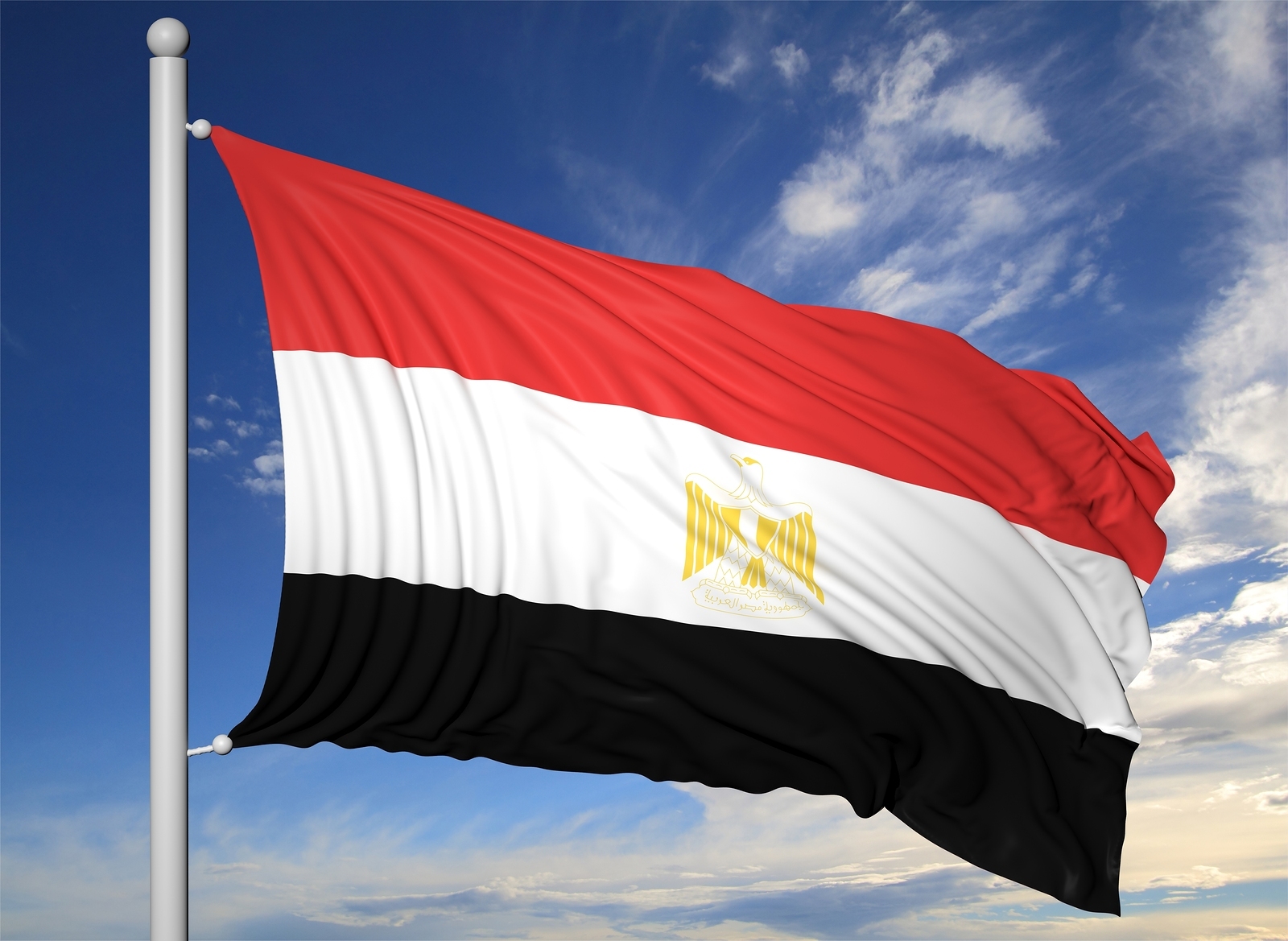
Waving flag of Egypt on flagpole, on blue sky background.
Despite the coronavirus pandemic, nuclear keeps developing in MENA. Barakah 1 in the UAE is expected to go critical in the near future. In March, nuclear fuel assemblies were loaded into the reactor of the first unit.
“Following receipt of the Operating License from FANR and having completed the loading of fuel assemblies into Unit 1’s reactor, we are in the advanced stage of startup on Unit 1. This unit will reach criticality very soon, and the COVID‑19 pandemic has not derailed our plans. Testing is also continuing at Units 2, 3 and 4, following the completion of all major construction work,” His Excellency Mohamed Al Hammadi, Chief Executive Officer of the Emirates Nuclear Energy Corp. (ENEC), said via video conference with Frederick Kempe, President and CEO of the Atlantic Council Global Energy Center.
The El Dabaa project in Egypt is on schedule. According to Grigory Sosnin, Vice President of Rosatom’s engineering division ASE and El Dabaa Project Director, the company follows strict safety guidelines, and even regular meetings with representatives of Egypt’s Nuclear Power Plant Authority are held via video link.
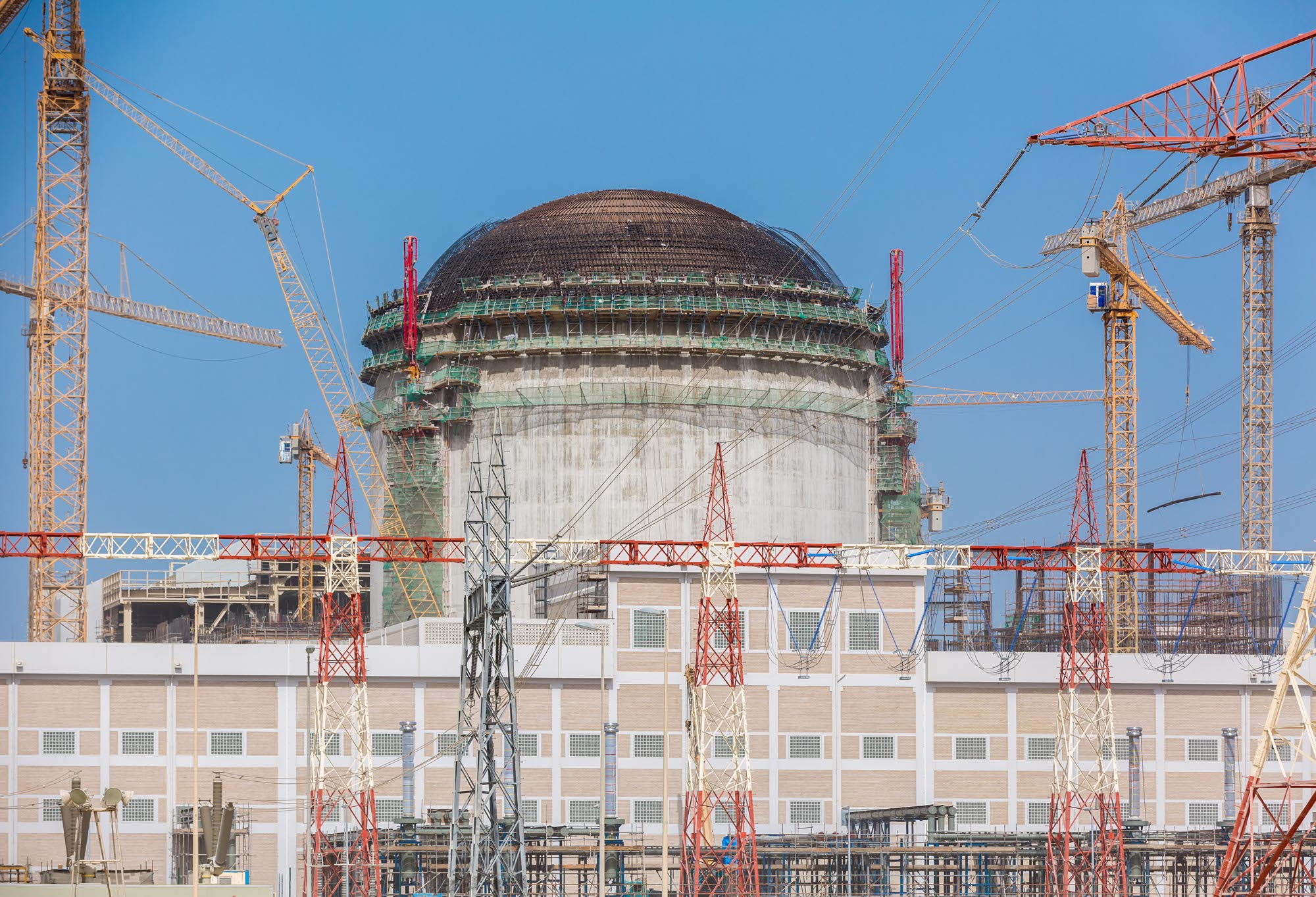
Barakah site update photos as of November 2015.
for more info : arun.girija@enec.gov.ae
Grigory Sosnin said, “Rosatom is monitoring the situation with COVID‑19 and its global spread, particularly in the countries hosting its construction projects, because health and safety of employees is a top priority for the company.”
He also added that preventive measures were taken at the El Dabaa construction site. Those who have come from countries heavily affected by coronavirus are prohibited access to the site. Premises are disinfected regularly; employees are provided with face masks; sanitizer dispensers are installed in public places. The construction site of El Dabaa NPP is protected with a 6-meter high fence. No person with COVID‑19 symptoms will be admitted to the site; others enter the site using IDs. According to Grigory Sosnin, there are no employees infected with coronavirus on the construction site in Egypt.
The first nuclear power plant in Egypt will be built near the town of El Dabaa in the Matrouh Governorate, on the Mediterranean coast 130 km to the north-west of Cairo. The plant will have four Generation 3+ VVER‑1200 reactor units having a power capacity of 1,200 MW each.


